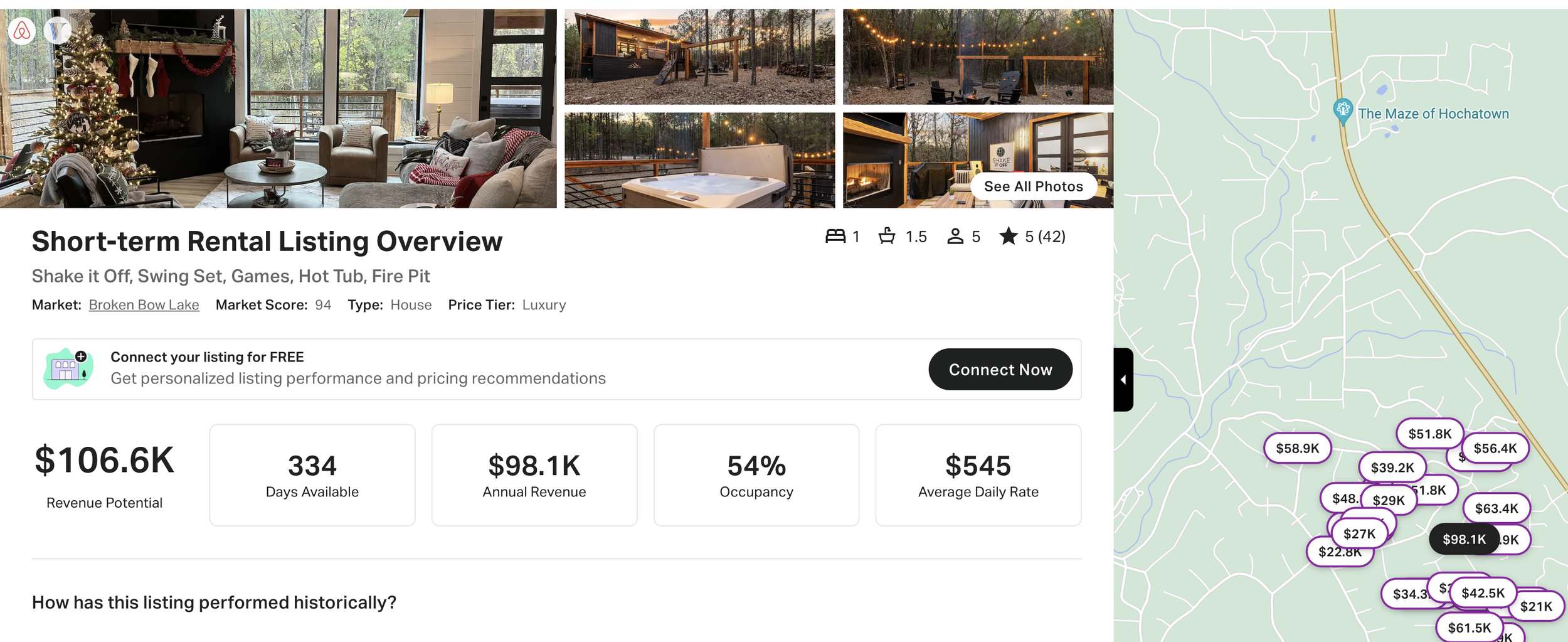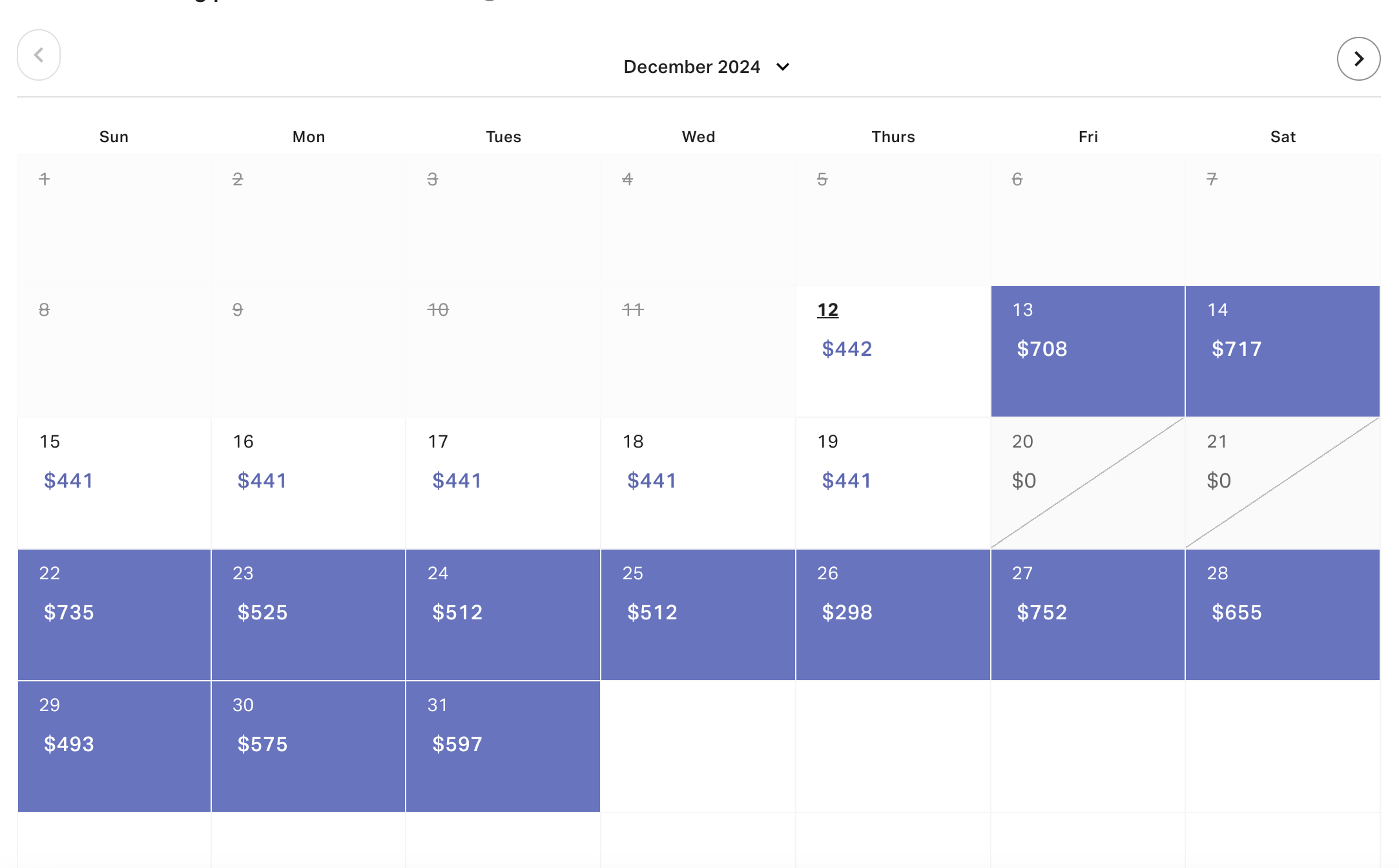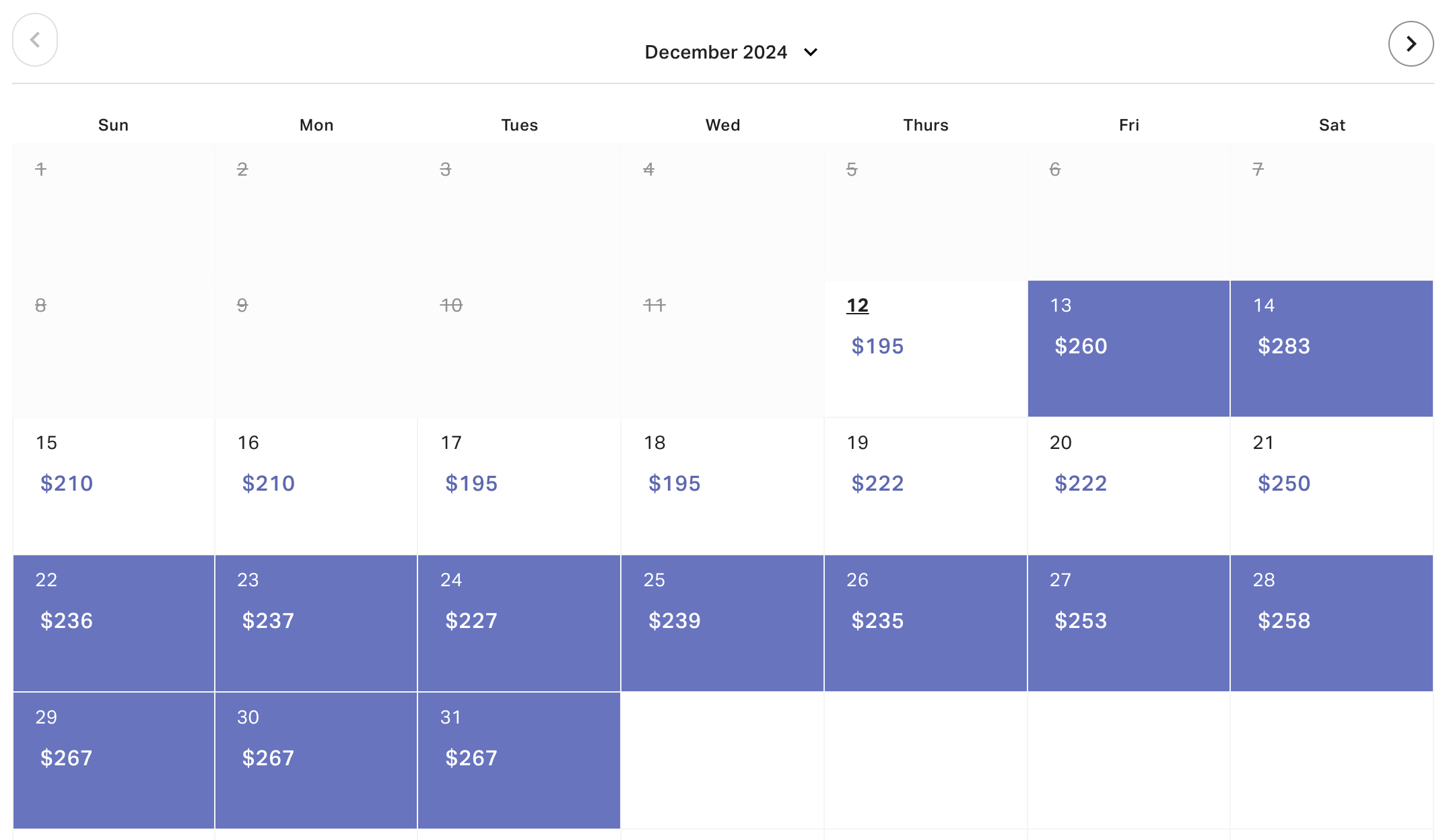How to Get the Best Mortgage Rates in 2025
In today's dynamic housing market, securing the most favorable mortgage rate can significantly impact your long-term financial health. With interest rates continuing to influence the real estate landscape, understanding how to navigate the mortgage market has become more crucial than ever. For prospective homebuyers and refinancers, even a fraction of a percentage point can translate into tens of thousands of dollars in savings over the life of a loan.
The mortgage landscape of 2025 presents both challenges and opportunities. While rates have shown signs of stabilization following the volatility of recent years, savvy borrowers are discovering innovative strategies to secure better terms. Traditional factors like credit scores and down payments remain important, but new technology, evolving lender policies, and emerging mortgage products are creating additional pathways to more favorable rates.
As mortgage markets adapt to shifting economic conditions, understanding the nuances of rate determination becomes a powerful tool. Lenders now consider a broader range of factors when setting rates, from employment stability to debt-to-income ratios, and even environmental home certifications. This evolving complexity means that well-informed borrowers who take a strategic approach to their mortgage application often secure significantly better terms than those who don't.
Moreover, the rise of digital lending platforms and increased market competition has created new opportunities for rate comparison and negotiation. Today's borrowers have access to more lenders, more loan products, and more information than ever before. However, this abundance of options makes it essential to understand how to effectively evaluate and leverage these resources to your advantage.
Understanding the Current Market Landscape
The mortgage market in early 2025 continues to reflect the broader economic conditions that emerged following the Federal Reserve's policy shifts in 2023 and 2024. While rates have stabilized compared to previous years, buyers still need to employ strategic approaches to secure the best possible terms.
Advanced Rate-Shopping Strategies
Timing Your Application
Monitor seasonal trends in the mortgage market
Consider applying during the off-peak season (typically winter months)
Watch economic indicators that might influence rates
Set up rate alerts with multiple lenders
Leveraging Technology
Use mortgage comparison apps and websites
Consider digital-first lenders for potentially lower overhead costs
Explore rate-tracking tools and mortgage calculators
Sign up for market update newsletters from reputable sources
Key Strategies to Secure Lower Mortgage Rates
1. Boost Your Credit Score
Maintain a credit score above 740 to qualify for the most competitive rates
Review your credit report regularly and dispute any errors
Pay down existing debt to improve your debt-to-income ratio
Avoid opening new credit lines in the months before applying
Consider credit counseling if your score needs significant improvement
2. Save for a Larger Down Payment
Aim for a 20% down payment to avoid private mortgage insurance (PMI)
Consider down payment assistance programs if available in your area
Demonstrate consistent savings habits to lenders
Explore first-time homebuyer programs and grants
Look into employer assistance programs for down payments
3. Shop Around and Compare Lenders
Get quotes from at least 3-5 different lenders
Compare both traditional banks and online lenders
Look beyond the interest rate to understand total closing costs
Consider working with a mortgage broker who can access multiple lenders
Request detailed breakdowns of fees and closing costs
4. Lock in Your Rate Strategically
Monitor market trends and lock in when rates dip
Ask about float-down options that protect you if rates decrease
Understand the typical rate lock period and ensure it aligns with your closing timeline
Consider longer rate locks if you're building a new home
5. Consider Different Loan Types
Evaluate both conventional and government-backed loans (FHA, VA, USDA)
Compare fixed-rate vs. adjustable-rate mortgages
Research specialty programs offered in your state or region
Explore energy-efficient mortgage programs
Professional Preparation Tips
Documentation Organization
Create a dedicated folder for all mortgage-related documents
Maintain a running spreadsheet of lender quotes and terms
Keep digital copies of all financial documents
Set up automatic alerts for bill payments to maintain perfect payment history
Employment Considerations
Avoid changing jobs during the mortgage application process
Document any recent career changes or promotions
Prepare explanations for employment gaps
Keep records of any freelance or self-employment income
Tips for Rate Shopping
Get all your rate quotes within a 14-day window to minimize credit score impact
Request a Loan Estimate from each lender for accurate comparison
Look at the Annual Percentage Rate (APR) rather than just the interest rate
Factor in points and credits when comparing offers
Consider the lender's reputation and customer service track record
Cost-Saving Opportunities
Negotiating Fees
Ask about lender fee matching or better offers
Review all fees for potential savings
Inquire about relationship discounts
Consider bundling services with your current financial institutions
Government Programs
Research state-specific mortgage assistance programs
Check eligibility for VA, FHA, or USDA loans
Explore first-time homebuyer programs
Look into professional-specific programs (teachers, healthcare workers, etc.)
Final Words
Securing the best mortgage rate in 2025 requires a combination of personal financial preparation, market awareness, and strategic timing. By following these guidelines and maintaining strong financial habits, you'll be better positioned to negotiate favorable terms on your home loan.
Remember that while rate shopping is important, the best mortgage for you isn't always the one with the lowest rate. Consider the full picture, including closing costs, loan terms, and lender reputation when making your final decision.
Next Steps
Begin monitoring your credit score and addressing any issues
Start gathering required documentation
Research lenders and mortgage programs in your area
Create a savings plan for your down payment
Set up rate alerts with multiple lenders
Consider consulting with a mortgage professional for personalized advice
FAQs
Q: How do recent Federal Reserve policies affect mortgage rates? A: While the Federal Reserve doesn't directly set mortgage rates, their monetary policy decisions influence the overall interest rate environment. Stay informed about Fed meetings and policy changes through reliable financial news sources.
Q: Should I wait for rates to drop further in 2025? A: Timing the market perfectly is challenging. Focus instead on your personal financial readiness and housing needs. If you find a home you love and can afford the payments, today's rate might be the right rate for you.
Q: Is it worth paying points to lower my rate? A: This depends on how long you plan to stay in the home. Generally, paying points makes sense if you'll keep the mortgage long enough to recoup the upfront cost through monthly savings. Calculate your break-even point before deciding.
Q: How does a bi-weekly payment schedule affect my mortgage? A: Making bi-weekly payments results in 26 half-payments annually (equivalent to 13 monthly payments instead of 12). This can significantly reduce your interest costs over the life of the loan and help you build equity faster.
Q: What documentation do I need to get the best rates? A: Prepare the following:
Two years of tax returns and W-2s
Recent pay stubs
Bank statements from the past 2–3 months
Investment account statements
Documentation of any other income sources
Proof of rent or mortgage payments for the past year
Q: How important is my debt-to-income ratio? A: Very important. Lenders typically prefer a debt-to-income ratio below 43%, with some requiring even lower ratios for the best rates. Calculate your ratio by dividing your monthly debt payments by your gross monthly income.
Q: Can I refinance if rates drop after I get my mortgage? A: Yes, refinancing is an option if rates decrease significantly. However, consider the closing costs and how long you plan to stay in the home to ensure refinancing makes financial sense.
Q: What's the impact of a co-signer on mortgage rates? A: A co-signer with strong credit and income can help you qualify for better rates. However, they become equally responsible for the loan, and it appears on their credit report.






